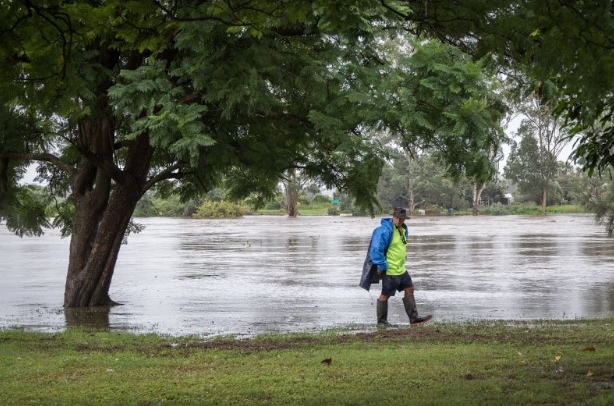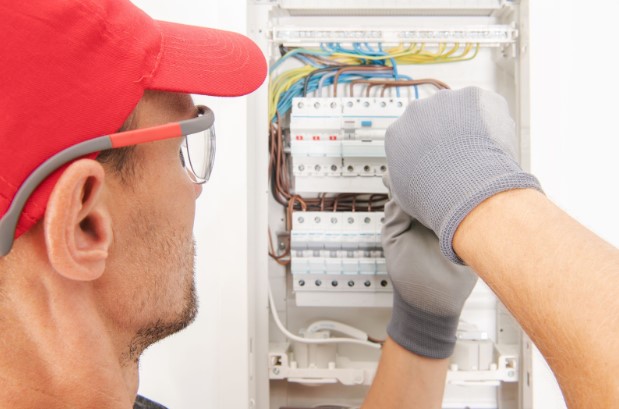We can all testify to the damage and destruction a storm or flood causes in its wake—including potential electrical safety hazards. Everyone must have known how to prepare an emergency kit, stockpile essentials and put storm shutters up on doors and windows, but do you know how to deal with electrical damage and the hazards it brings forth?
In Australia, particularly Sydney, storms and flooding have become the new normal. For the locals, these have been a recurring nightmare. Summer months are not an exception to this. With that, electrical safety hazards are a huge concern for every homeowner.
Electrical safety is too important to ignore. Be prepared for any storm or flood, and follow these 10 tips to ensure you and your family are electrically safe.
1. Check your safety switches
Ensure you have safety switches installed in your switchboard and test them regularly to ensure they are functional. It can protect you from being electrocuted, especially during storms and floods.
2. Unplug all
When a storm or flood occurs, you must unplug or disconnect all electrical devices from the wall. These devices and appliances feature sensitive electronic components and may be affected by power surges during the storm or when the power is restored in case of blackouts. It’s also advisable to disconnect telephones and antennas to avoid electrocution.
3. Consider Surge Protectors
Installing surge protectors can protect your electrical devices and appliances from voltage spikes or power surges caused by lightning and blackouts during storms and floods.
4. Keep your power off
If your homes have experienced flooding, keeping your power off is necessary until a licensed electrician has inspected your electrical system for safety. Water can penetrate and damage the wires and other internal components that may cause shock and fire hazards.
Have your local electrician visit your home and determine what equipment should be replaced or repaired before you turn your power on again.
5. Keep away from flooded areas
Never enter a flooded basement or any area with electrical outlets, cords, and appliances submerged in water. Be aware of the appliances that could be energised and in contact with water.
If you must go outside, stay away from touching any water, especially if there are downed power lines nearby. Always assume that the power lines are live and can put you in terrible danger. Only licensed level 2 electricians should deal with damaged power lines.
6. Keep your hands dry
Do not replace a fuse, touch a circuit break, cords or any electrical equipment with wet hands or while standing on a wet surface. If you do so, you might be shocked or electrocuted.
7. Avoid Metal Surfaces
It’s not bad to take a bath or shower during storms, but be mindful when touching the metal fixtures in your bathrooms. Metal is a great conductor of electricity, so don’t go near metal surfaces as much as possible, especially if the storm is accompanied by lightning.
8. Never use generators indoors
In case of blackouts, generators always come in handy. Remember not to use power generators inside your house or in your garage. Also, do not manually connect the generators to your electric system unless a licensed electrician installs a transfer switch.
9. Be alert
If you smell gas in your home, notify emergency authorities immediately. Do not use or open any lights, light matches, or any activity that could trigger a spark and cause fire emergencies.
10. Call for an emergency electrician
Your electrical system is most likely affected during a storm or flood. Being so, always call a qualified and licensed electrician to help you. To ensure one’s safety, do not attempt DIY repairs and do not use any electronic devices and appliances, including lights that are exposed or have been in contact with floodwater.
While these tips are not all-encompassing, they will surely provide a good baseline of electrical safety during storms and floods. Stay safe, and always be armed with knowledge!
Local Electrician Sydney offers qualified emergency electricians to help with any electrical problem. The call-out electrician can check your home for any issues and suggest recommendations to further protect your home from electrical danger.


